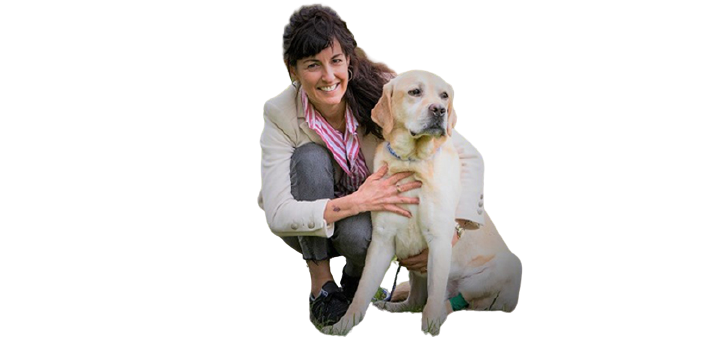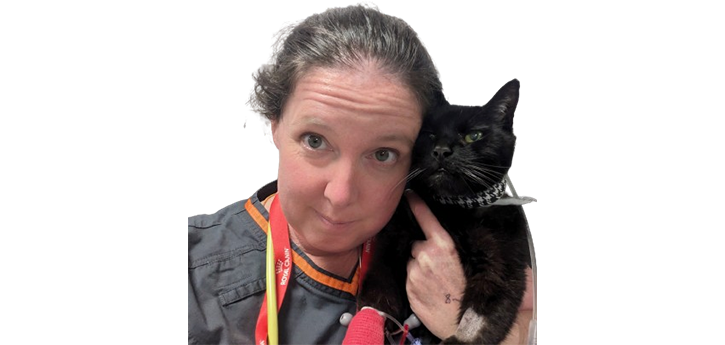The free freestyle system is a system that is intended for use in diabetics to read glucose in the interstitial fluid in the blood. This means that there will be some differences with the results we get at the same time in blood, and also that we are working with a species for which the sensor is not designed. Even so, there is a lot of work in dogs, cats, and also laboratory animals, where this system has shown very promising results, and we have been using it for two or three years now in veterinarians all over the world.
This sensor is useful for cats that do not receive good diabetes control at home, because we can avoid the lack of information from the moment we start using them. We have seen that there are differences with the real values that we can take with an Alcatraz glucometer, but they are minimal differences and they are very useful to have a reference both in compensated diabetic patients and in those who present ketoacidosis.
For that, to control all diabetic patients who may have some complication in their control, also often in patients whose control is not complicated, but the client or the caregiver does not have the capacity or is not able to take capillary glucose samples in the ear, which is something easy and that we teach them, but sometimes they are not able to do it.
The main disadvantages of sensor implantation are basically that the sensor may be lost or moved prematurely. This sensor should be working for 14 days, during which it stores capillary glucose data every minute. And we, with the reader or the mobile phone that we will use as a reader, will be scanning this sensor to download the information.
In any case, another problem is the loss of functioning of the sensor that we may encounter in some cats that have some erythema, either because of an adhesive that we use, or because they are allergic, but this is very rare. We have only had it in one case and there was no need for very complicated treatments either. And another important point in the application of the sensor is going to be the place where we implant it. Initially we did it in the neck area, in the cervical area, but it is a much more mobile area and I am currently implanting it in the lumbar area.






